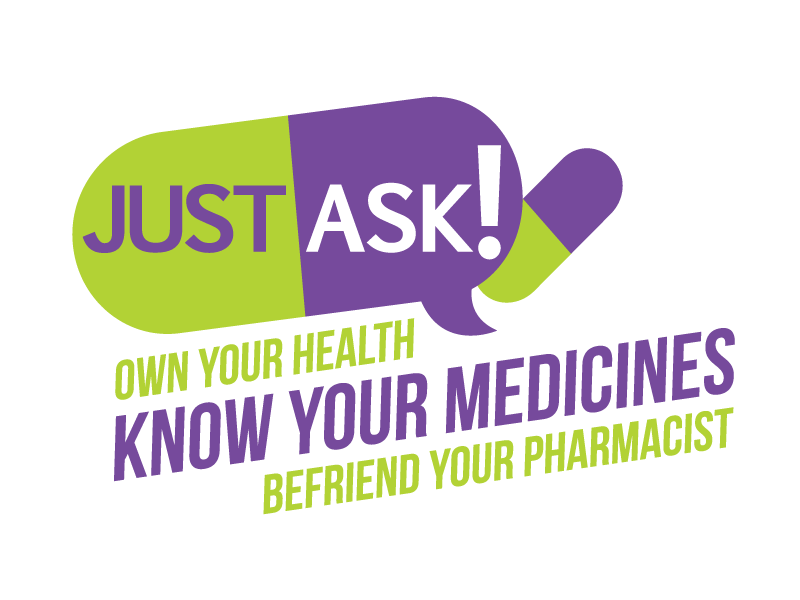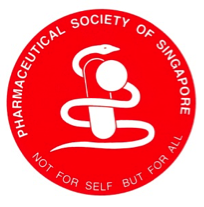
| Q1: | Why would medicine that worked for me in the past not work for me now? |
| A1: |
Medicines might have been prescribed to you in the past based on your condition diagnosed at that point in time. However, your condition or diagnoses can change with time and medicines prescribed in the past may not be useful for you now. For example, you might have been diagnosed as having high blood pressure a year ago and were prescribed blood pressure pill to keep your blood pressure in check. However, in the course of 1 year, due to weight loss and cutting down on salty food and alcohol, your blood pressure can drop thus allowing the pill to be taken off. In this case, not only would you not need your blood pressure pill now, it might on the contrary cause symptoms of low blood pressure. |
| Q2: | What are some examples of medicine-related problems? |
| A2: |
Some examples include: 1. Unintended drug reactions or side effect of medicines - these are effects of medicines which the patient can experience that are not intended for or unpredictable. They usually occur within days or weeks of starting a new medicine. Be sure to "Just Ask Your Pharmacist" whenever you suspect that you may be experiencing these effects. 2. Drug interactions: Medicines and/or supplements and chinese medicines may add or reduce each other's effects in various ways, resulting in severe unintended effects or reducing the effectiveness of others. It is important to ensure that all your doctors and pharmacists are aware of any other medicines or supplements that you are taking so that they can verify that they are safely used together. 3. Duplication of medicines with the same effect: This may occur if you see multiple doctors who unintentionally give you similar-acting medicines. To minimise this, keep an up-to-date list of your medical conditions and the corresponding medicines used for the various conditions, and show it to your doctors and pharmacists at every visit. 4. Too high or too low dose of medicines: Some medicines also require more precise dose adjustment depending on your age, weight, kidney or liver function which may change with time. Taking a dose that is too much may predispose you to some unwanted effects while too low a dose may result in lack of effect. There are other medicine-related problems and we will be happy to address your individual questions. We encourage you to "Just Ask" your doctors and pharmacists. Do not stop your medicines on your own without first consulting your doctor or pharmacist. |
| Q3: | Which medicine-related problem is most common? |
| A3: |
There are no published statistics to our knowledge, but we commonly get asked about side effects. If concerned, "Just Ask" your pharmacist with your complete list of medicines and supplements and receive an individualised piece of advice from your healthcare professional! |
| Q4: | How does medicine-related problems lead to hospital admissions? |
| A4: |
Sometimes as our body condition changes or as we age, the medicines which are used at one point in time can cause serious harm, leading to hospital admissions. On the other hand, stopping medicines on your own will result in the worsening of your medical condition and may lead to hospitalisation also. Remember, balance is the key and your healthcare professionals are adequately trained in that respect. Sometimes when you develop an acute illness like respiratory tract infections, or when you do not eat well, some medicines can cause problems. These include: 1. Diabetes medicines and insulins can result in excessively low blood sugar levels. 2. Anticoagulants can cause bleeding to occur when interactions occur with other medicines or changes in condition. Should you experience unexplained headaches, loss of power on one side of the body or bleeding which does not stop with more than 15 minutes of continuous pressure, do go to the nearest A&E immediately. 3. Blood pressure-lowering medicines can cause excessively low blood pressure, and particularly when there was a recent increase in dose or when you change your body's position too suddenly. 4. Medicines that may additively cause sedation, drowsiness or impairment of your mind's alertness which can lead to giddiness and falls Do not stop or adjust medicines on your own, instead seek advice from your doctor or pharmacist so that you may be prepared for such incidences. |
| Q5: | How does my pharmacist interpret how medicines work together for me? |
| A5: |
There are many registered medicines in use in Singapore and it is impossible to expect every doctor or nurse to know all the medicines. As the population ages in Singapore and access to healthcare is better, many patients have multiple conditions and may be seeing various specialists. Pharmacists are specially trained in the action of medicines and their effects, be it assessing for possible drug-drug, drug-disease, drug-supplement interactions, individualised selection and adjustment of doses or even fine-tuning your medicine schedules so that it is easier for you to follow. Your pharmacists are also specially trained to recognise side effects of medicines, in particular additive side effects of distinctly different medicines, so as to pinpoint what may be affecting you. Some medicines have more than one use, and your pharmacist who has a complete list of your medicines, medical conditions and a good knowledge of kidney and liver function will be able to tailor the advice for you. |
| Q6: | How does the sorting out of my prescription save $3.3 million a year? |
| A6: |
A local restructured hospital demonstrated that when pharmacists are involved in adjustment of patients' prescriptions, medicine-related problems that could potentially lead to hospital readmission, physician visit or even life-threatening events are reduced. It is estimated that the cost avoidance of such events due to medicine-related problems could save patients and the healthcare system up to $3.3 million over one year! |
| Q7: | Why do you say that a Pharmacist can cheer me on? When would I need cheering on? |
| A7: |
It is a tremendous challenge to change what you have been in the habit of doing all the years you have been an adult, for example when you wish to eat more healthily or lose weight or quit smoking. We know that the journey can potentially be very dreadful and tiring, and it is very easy to give up. Well, DON'T GIVE UP! Find your own pharmacist who can cheer you on at the nearest community pharmacy or hospital pharmacist clinic. They can give you good tips to aid you in quitting smoking or eating more healthily and weight loss. By setting realistic goals together, we could be your coach, friend and cheerleaders while walking this journey together with you! |
Proudly brought to you by:

Pharmacy Week Committee 2015
Pharmaceutical Society of Singapore
26/09/2015
